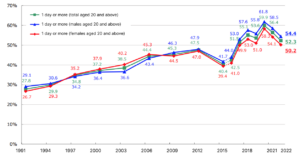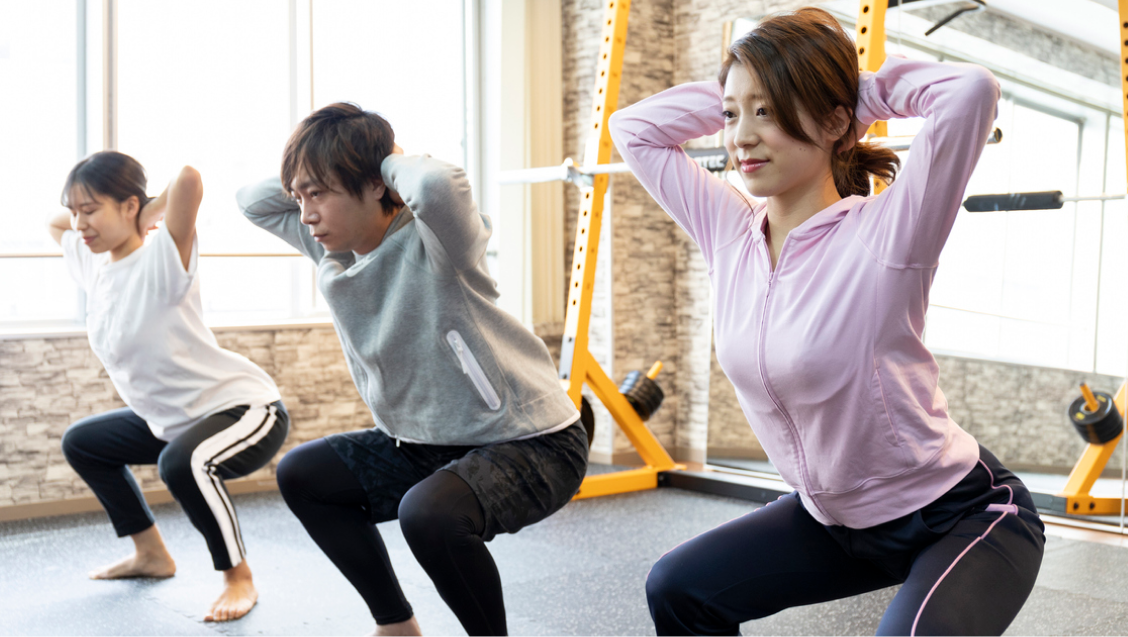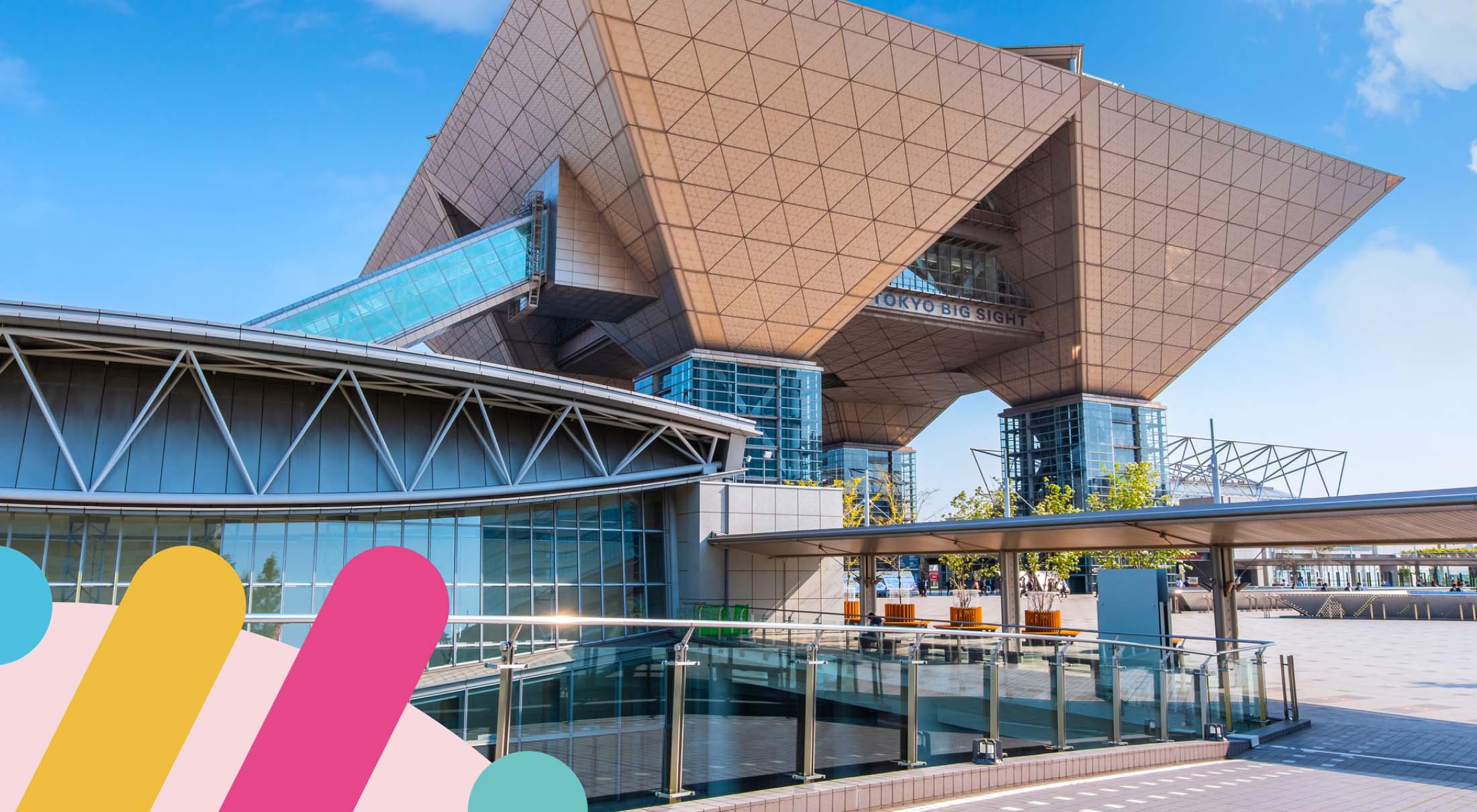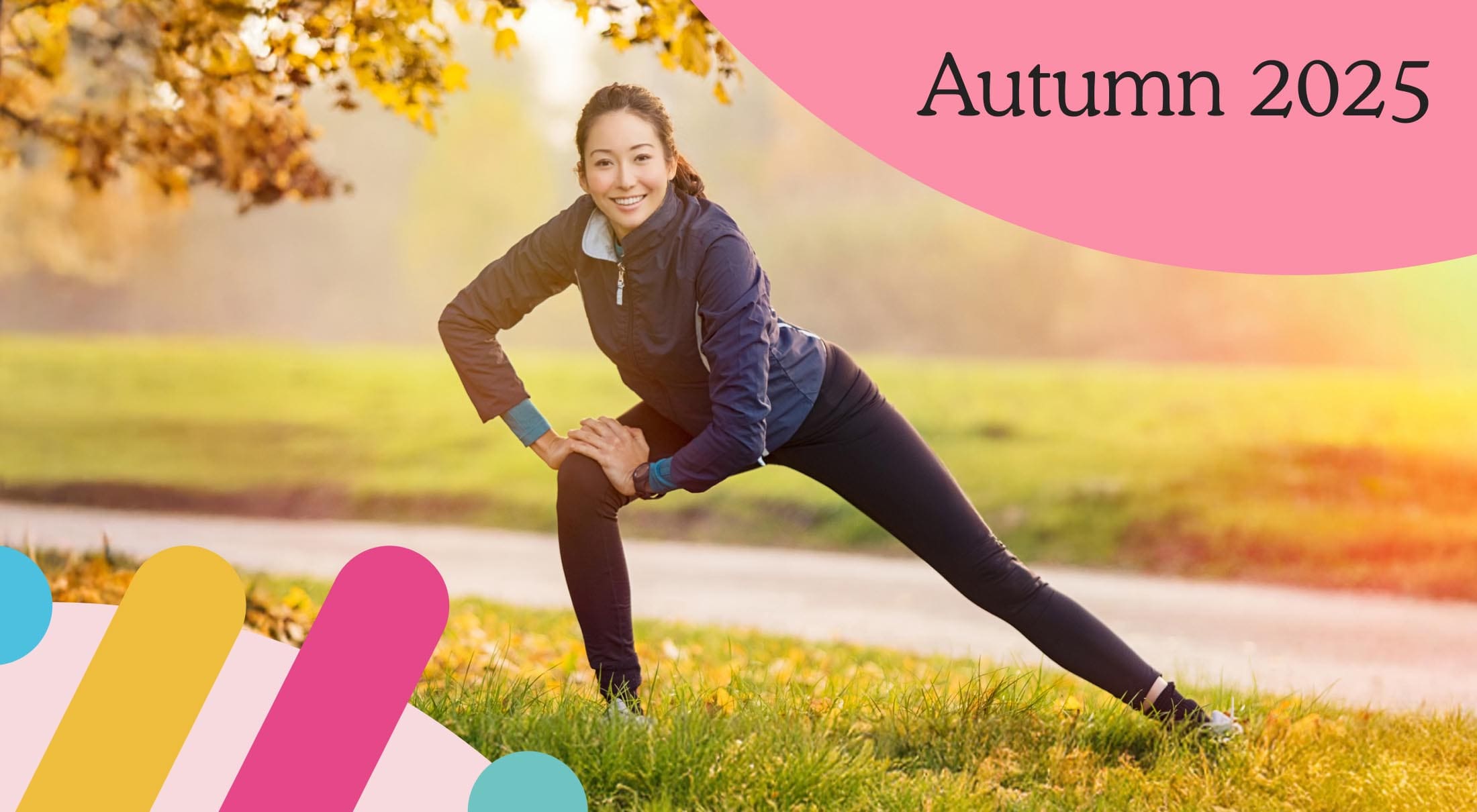The Japan Sports Agency annually conducts a survey of Japanese individuals aged 19 to 70 to assess their participation in sports activities. The results, released in March of this year and summarized in the report “Public Opinion Survey on Sports Activity Status,” highlight goals to increase weekly sports engagement to 70% and annual engagement to near 100%. We’ve summarized some of their key findings below.
1. Around 50% of Japanese Adults Engage in Weekly Sports
Many recognize the significance of sports for various reasons, such as enhancing quality of life, maintaining health, and combating aging, yet struggle to integrate it into their routines amidst the demands of daily life.
The Sports Agency recently unveiled findings from its “Public Opinion Survey on Sports Activity Status” (December 2022), shedding light on several aspects, including the current state of sports in Japan, the challenges posed by busy lifestyles limiting time for sports, and the preferred sports among the populace.
According to the 2022 survey, the percentage of respondents engaging in sports at least once a week saw a decline from the previous year across all age groups and genders. Notably, this decline was most pronounced among individuals in their 20s to 50s, the prime of their working lives. Moreover, the decrease compared to the previous year was particularly notable within this demographic.

Furthermore, the percentage of respondents participating in sports at least once a year also saw a decline across all age groups from their 20s onward compared to the previous year. This confirms an overall reduction in the time allocated to sports over the past year.
2. The majority of Japanese participate in sports with the goal of staying healthy.
The primary motivation for engaging in sports at least once a week was overwhelmingly “for health” (79.4%), significantly surpassing other reasons. Following closely behind were intentions to “improve/maintain physical fitness” (56.3%) and a recognition of the need to address a lack of exercise (45.4%). The evolving consciousness around health in the aftermath of the COVID-19 pandemic underscores the widespread recognition of sports as an effective tool for health maintenance, prompting many individuals to persist in sporting activities for this purpose.
Moreover, in response to the query, “Is exercise/sports important to you?” a larger proportion of respondents voiced its significance, particularly among those engaging in sports more frequently. This suggests a growing awareness among daily practitioners about the value of sports in their routines.
Among those dedicating more time to sports, a considerable portion cited reasons such as “developing a love for sports” (17.3%) and a reevaluation of the importance of sports due to their experience with COVID-19 (16.9%). These responses imply a commitment to sustaining their sports habits in the long term. Conversely, the percentage of respondents indicating a shift in their perceived need for sports (16.9%) was higher compared to the previous year. Additionally, a greater number reported having less time for sports compared to the previous year, indicating a decline in habitual sports participation.
3. Many people are just too busy to dedicate time to sports.
While the importance of sports for maintaining health is widely acknowledged, the responses below shed light on the prevailing challenges many face in finding the time to engage fully in sports amidst modern lifestyles.
When queried about their reduced frequency of sports participation or reluctance to increase it, the most prevalent response was “Too busy” (41.0%), followed by “Too much trouble” (29.4%) and “Feeling older” (21.5%).
Among respondents in their thirties, a majority (60.2% of men and 59.2% of women) cited busyness as the primary factor, followed by concerns about aging. It appears that creating opportunities to integrate sports into busy schedules is pivotal for cultivating a sporting routine.
Furthermore, 3.9% of respondents expressed a desire to commence sports within six months, with a majority inclined towards activities such as walking, aerobics/yoga, strength training, and running. Aerobic exercises, renowned for their health benefits, appear to be a preferred choice.
4. Walking is becoming more popular.
Despite leading busy lives that make it challenging to allocate time for sports, a significant 76.2% of respondents expressed feeling a lack of exercise (to a great extent + to some extent), suggesting a desire for increased sports participation.
The most sought-after activities for future engagement, in descending order, include walking (30.6%), strength training (11.5%), aerobics/yoga/ballet/pilates (10.9%), and running (9.4%). Particularly, aerobic exercise garners considerable attention for its ease of initiation at home or in nearby areas, and its reputed effectiveness for health. Notably, in the category of “Sports I did for the first time or resumed after a long absence,” over 60% of respondents in their 70s selected “Walking,” indicating its appeal among older individuals as a low-impact activity that can be pursued at one’s own pace without undue strain.
Summary
The survey findings reveal a positive correlation between sports participation and the sense of fulfillment in daily life, with an increasing percentage of respondents reporting feeling fulfilled as their engagement in sports rises.
Engaging in regular sports activities not only enhances physical fitness but also offers additional benefits, including the exhilaration experienced during exercise, the overall satisfaction it brings, and the opportunities it provides for social interaction and community engagement through sports.
By effectively managing the gaps in our busy schedules to prioritize physical activity and expanding our involvement in sports-related activities, such as watching sports or participating in volunteer initiatives, we can elevate the overall sense of well-being in our lives.




